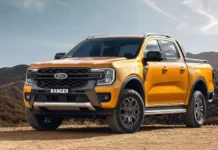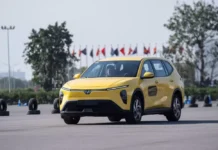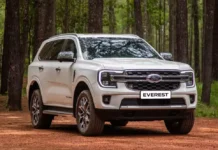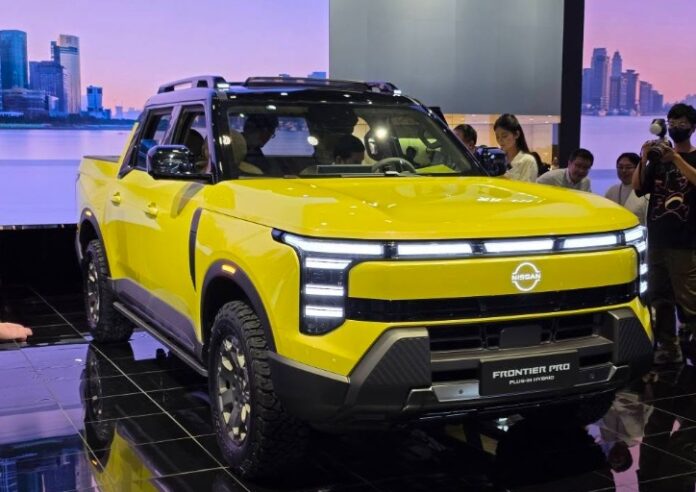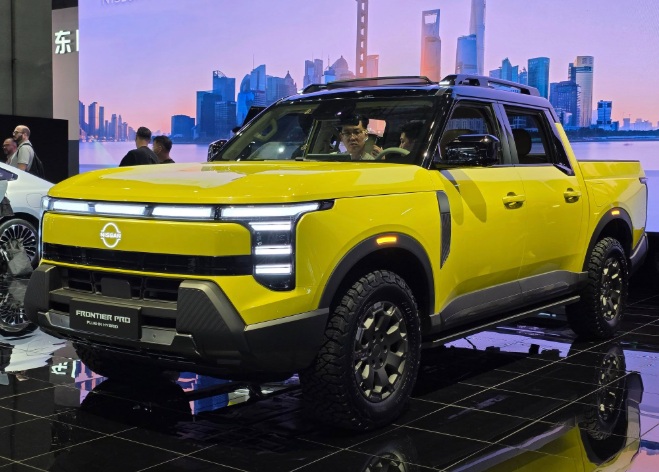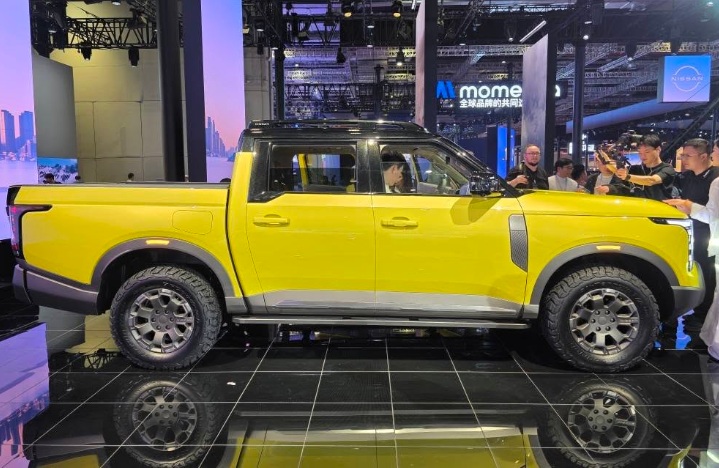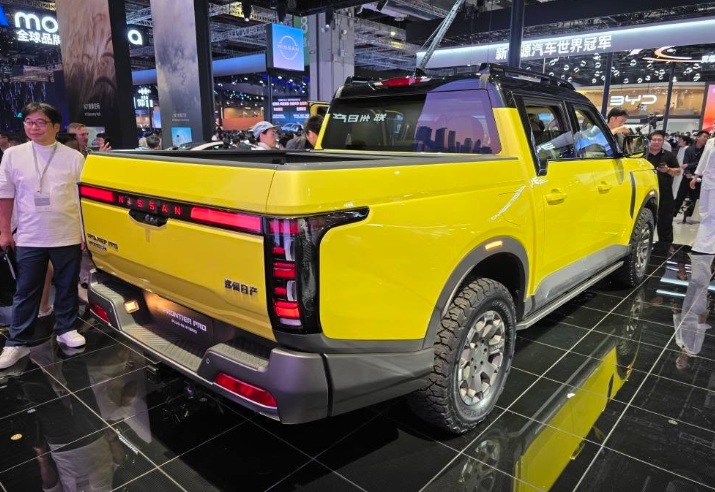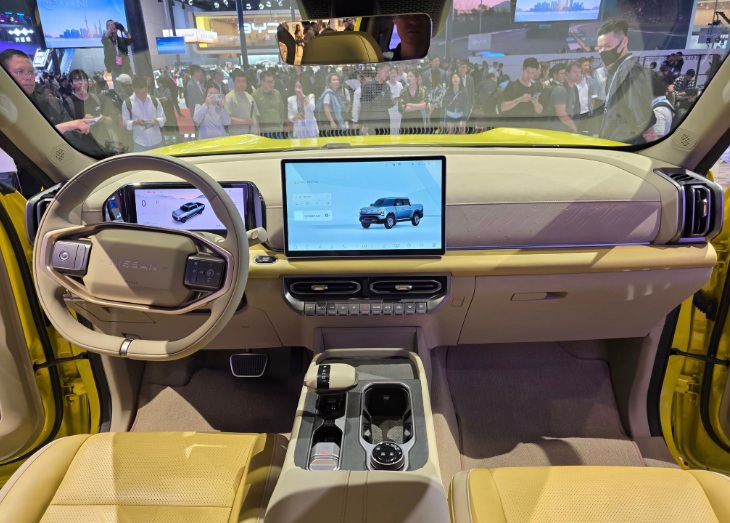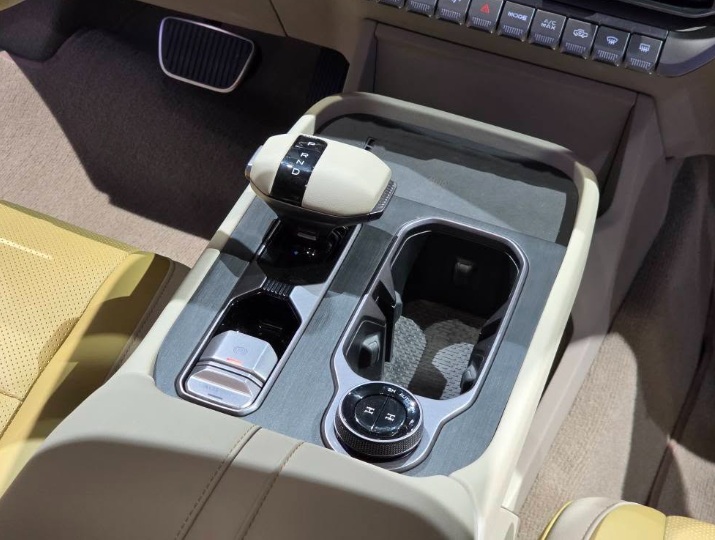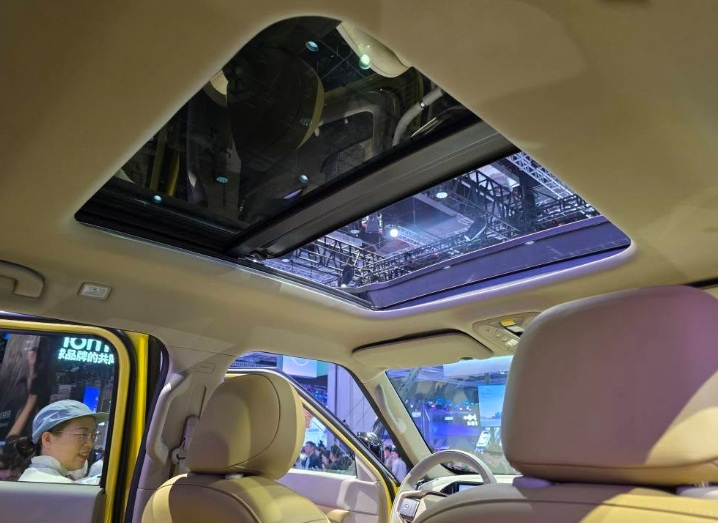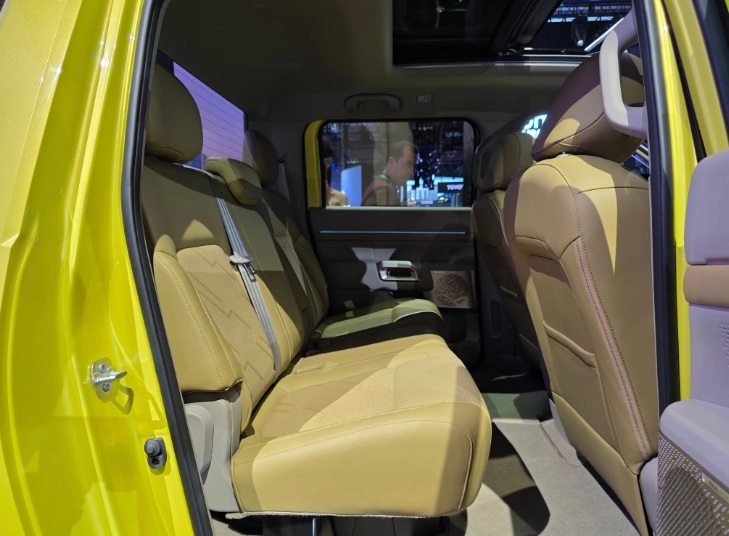At the 2025 Shanghai International Auto Show, Nissan unveiled its all-new Frontier PRO Plug-in Hybrid pickup truck, marking a significant step forward in the Japanese automaker’s electrification strategy.
This also marks the first time Nissan has introduced a pickup truck with a plug-in hybrid powertrain (PHEV).
The Frontier PRO Plug-in Hybrid is the result of a collaborative development between Nissan and its joint venture, Zhengzhou Nissan (ZNA) in China. The debut of this vehicle in the world’s most populous market reflects the importance of China in Nissan’s electric vehicle strategy.
This pickup is equipped with a plug-in hybrid powertrain, featuring a turbocharged 1.5L gasoline engine combined with an electric motor and an external charging system, delivering a maximum output of 408 horsepower and 800 Nm of torque.
It also features an intelligent all-wheel-drive system, ensuring agile performance on various terrains. In its all-electric mode, the Frontier PRO PHEV can travel up to 135 km on the NEDC cycle.
Not only is the Frontier PRO Plug-in Hybrid powerful, but it also boasts a sophisticated suspension setup. It features an independent 5-link rear suspension system, providing a smoother and more comfortable ride.
The interior stands out with its large 14.6-inch central touchscreen, a 10-inch digital instrument cluster, a panoramic sunroof, and a host of other user-oriented conveniences. Notably, the truck bed features an electrically operated tonneau cover and retractable side steps, enhancing its practicality.
Nissan has announced that the Frontier PRO Plug-in Hybrid will enter mass production by the end of 2025. With this model, Nissan is swiftly embracing the trend of electrification in the automotive industry, particularly in the Asian and global markets.
TH (Tuoitrethudo)

























